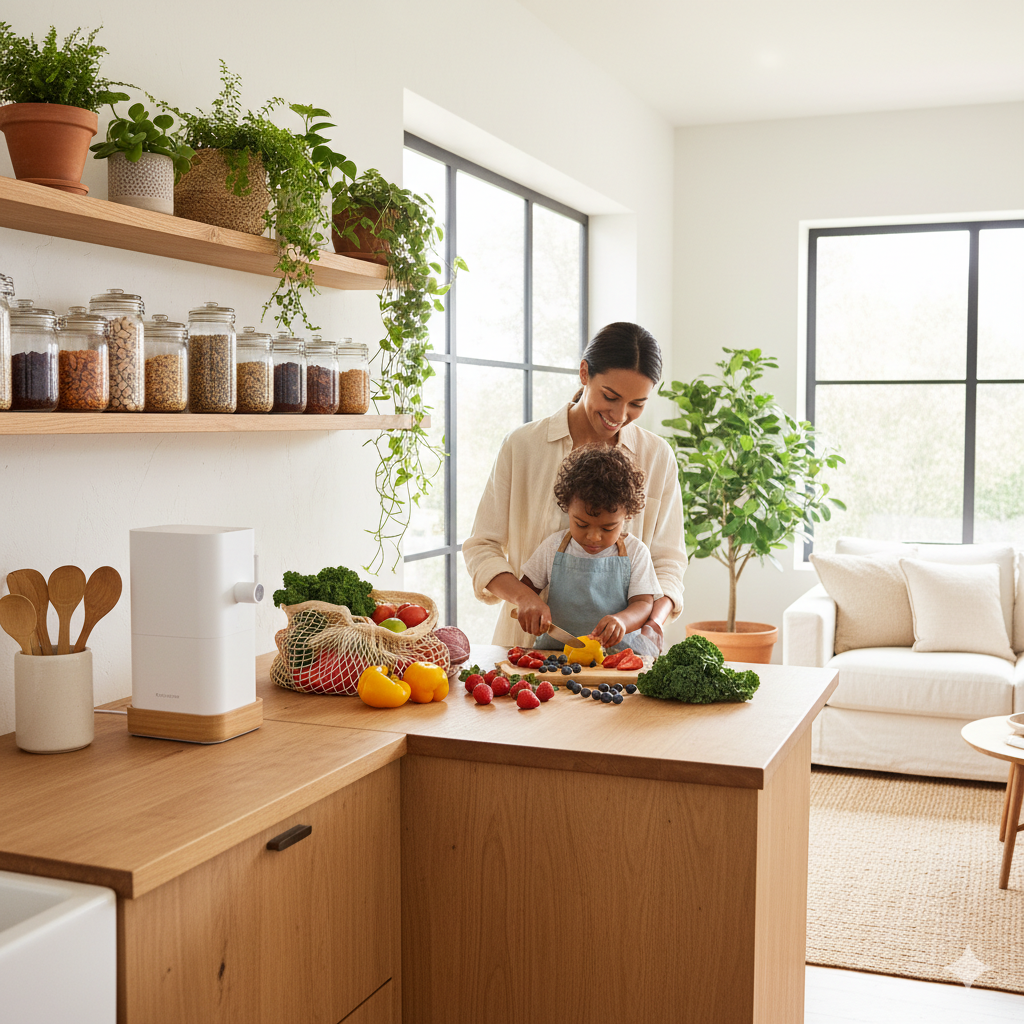Healthy Homes, Healthy Cities: Embracing Non-Toxic Living for Community Wellness
F.L.Y. After 50
Archives
Healthy Homes, Healthy Cities: Embracing Non-Toxic Living for Community Wellness
SIGN UP FOR OUR NEWSLETTER
Healthy Homes, Healthy Cities: Embracing Non-Toxic Living for Community Wellness |
Families nationwide are transforming their living spaces with eco-friendly choices, fostering healthier communities. |
Across the United States, families are redefining what it means to live well.
Health now encompasses not just diet and exercise but also the environments where we spend most of our time—our homes.
The movement toward non-toxic, eco-friendly living is rapidly gaining momentum, reshaping how communities approach wellness.
From the kitchen to the laundry room, individuals are scrutinizing their household items: What materials are in our cookware?
How safe are our cleaning products?
Are the items in our homes contributing to or detracting from our health?
In response, consumers are gravitating toward safer air fryers, toxin-free storage containers, eco-friendly cleaning supplies, and sustainable household goods.
These mindful choices are fostering health-conscious lifestyles that extend beyond individual households.
Local markets, shops, and community initiatives are pivotal in this transformation.
What was once a simple trip for fresh produce has evolved into an opportunity to learn about sustainable living, reusable goods, and eco-friendly practices.
Building a healthy home isn't about a single, sweeping change—it's about layering small, thoughtful decisions over time.
The impact of these choices reaches beyond the confines of individual homes.
A healthy home contributes to a healthier neighborhood: fewer toxins in the air and water, reduced waste, and increased resilience to environmental challenges.
When multiplied across thousands of households, these shifts begin to shape the identity of entire cities.
For instance, in 2024, CityHealth's assessment highlighted that 47 of the 75 largest U.S. cities earned medals for implementing health-promoting policies, including eco-friendly purchasing and greenspace initiatives.
Portland, Oregon, has long been recognized as a leader in sustainable living, with extensive green spaces and a commitment to reducing carbon emissions.
Similarly, cities like San Diego and Austin are making significant strides in promoting eco-friendly housing and renewable energy adoption.
In Chicago, residents are increasingly embracing eco-friendly cleaning services that prioritize sustainability and health.
These services utilize plant-based, biodegradable products, enhancing indoor air quality and promoting healthier living environments.
By choosing non-toxic, eco-friendly products and embracing sustainable practices, families are not only protecting their loved ones but also contributing to the development of stronger, cleaner, and more vibrant cities for future generations.
The lesson is clear: healthier communities begin with healthier homes. |

